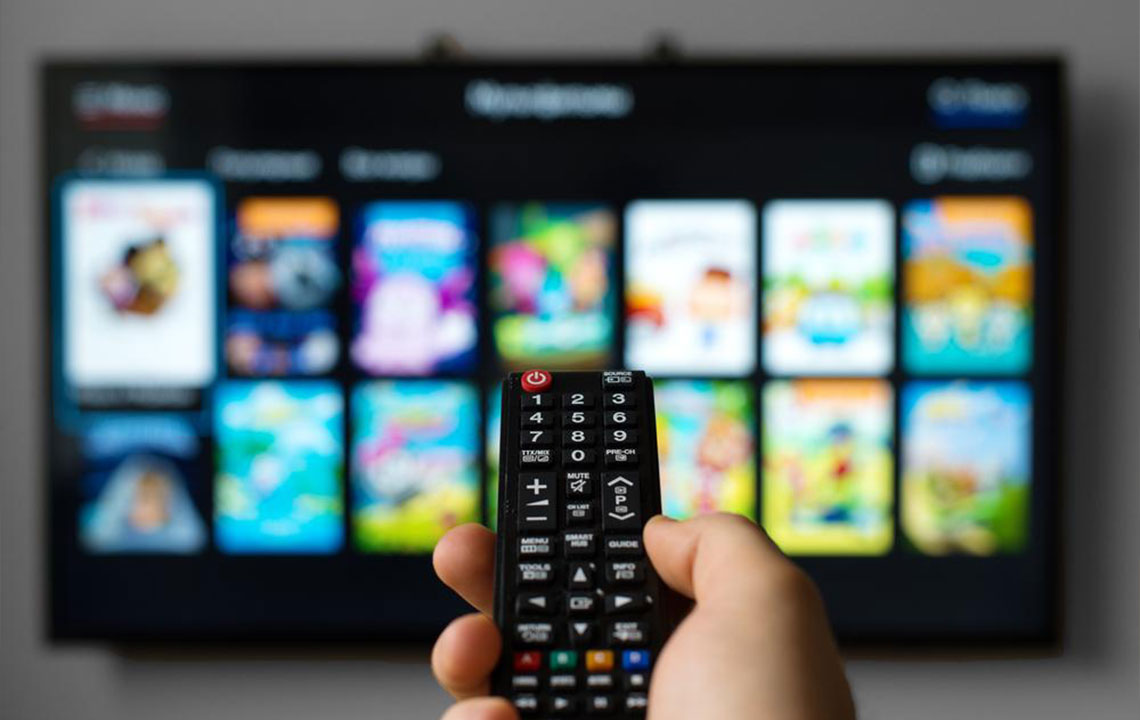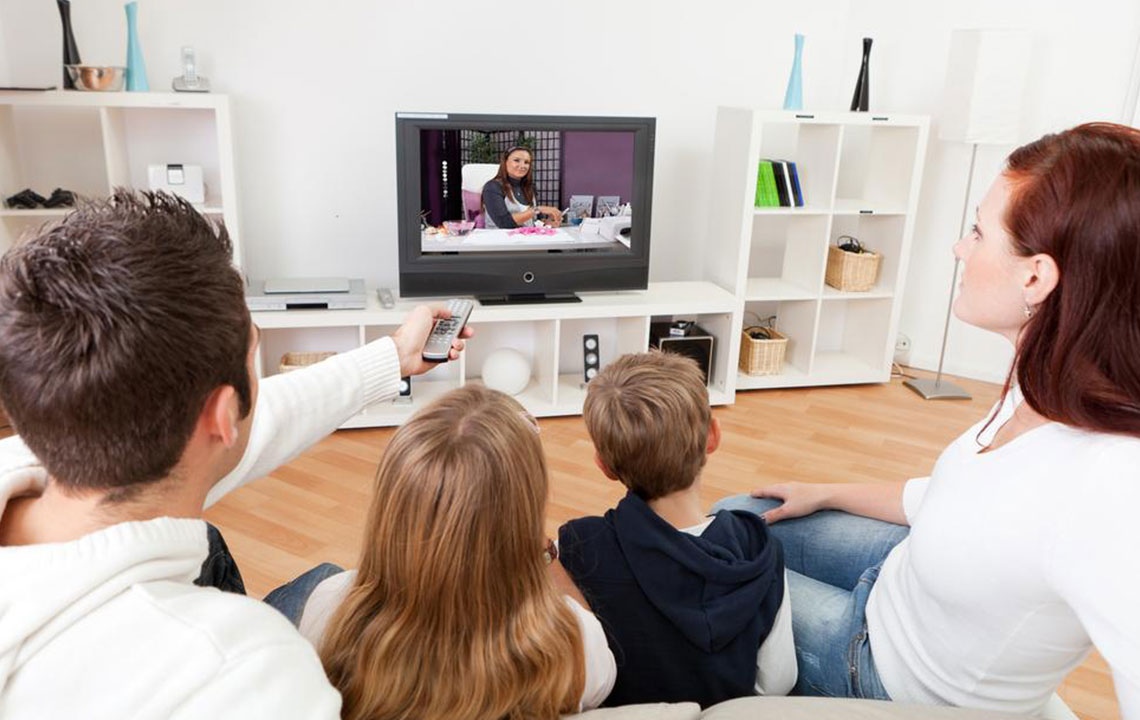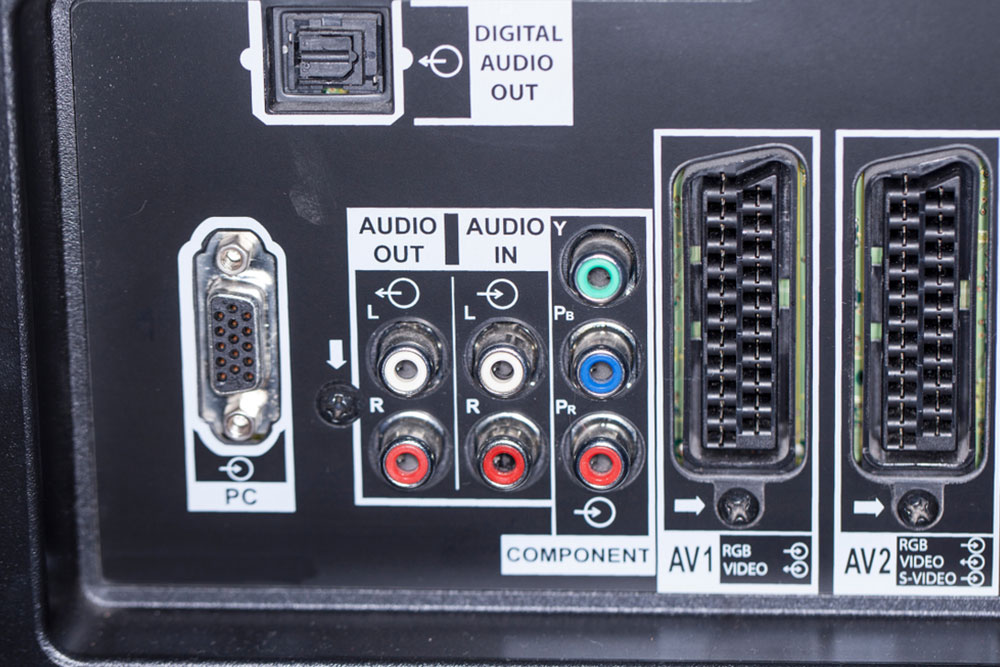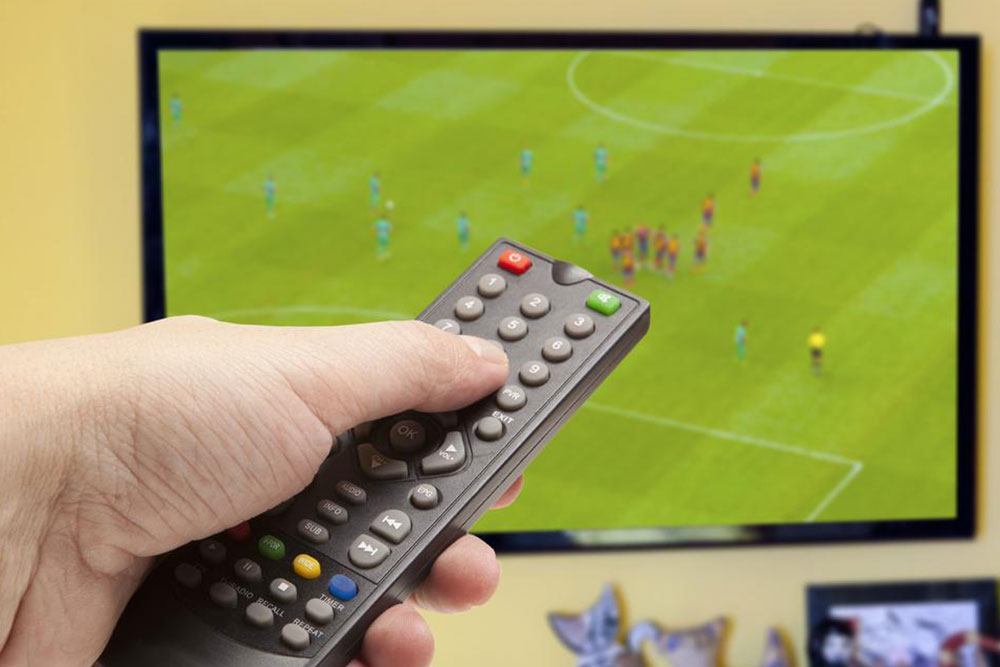LG 4K UHD TV vs. Samsung 4K TVs: A Comprehensive Comparison to Help You Choose the Best Model
This comprehensive comparison between LG and Samsung 4K UHD TVs highlights their key features, display technology, smart functions, and connectivity options. The article provides insights into selecting the best model based on user preferences, emphasizing differences in design, performance, and additional functionalities to guide consumers in making an informed decision.

In-Depth Comparison of LG and Samsung 4K UHD Televisions
In today's rapidly advancing television industry, two brands stand out for their innovation, quality, and technological advancements: LG and Samsung. Both companies have established themselves as leaders, consistently pushing the boundaries of what is possible in home entertainment. Each year, they release new models with sophisticated features designed to meet the diverse needs of consumers worldwide. As such, choosing between an LG 4K UHD TV and a Samsung 4K television can be a challenging task due to the numerous options, features, and specifications available. This comprehensive guide aims to compare the latest models from these two giants, focusing on key aspects such as display technology, smart features, connectivity options, and overall performance, helping you make an informed decision.
When evaluating the 2018 models—specifically, the LG 55UJ632T 4K UHD TV and the Samsung UA55JU7000J 4K TV—it becomes essential to understand their core differences and similarities. This comparison centers on core features, picture quality, smart functionalities, connectivity options, and additional technological enhancements that influence user experience and value. Whether you prioritize immersive visuals, smart home integration, or connectivity versatility, this detailed analysis caters to all preferences.
Core Features and Design:
LG's 4K UHD TV offers a sleek, minimalist design with a focus on delivering sharp picture quality. It does not support 3D capabilities, which might be a consideration for users interested in 3D viewing experiences. In contrast, Samsung's model includes both smart features and 3D technology, providing a broader entertainment experience. The choice depends on whether 3D viewing is a priority for your entertainment setup.
Both models feature a 55-inch 4K LED display, which is ideal for large-screen viewing experiences. LG’s model includes Wi-Fi connectivity, internet access, one USB port, and three HDMI ports. Samsung, on the other hand, also provides Wi-Fi and internet, but comes with one USB port and a single HDMI port. These ports are crucial for connecting external devices like cameras, gaming consoles, or external storage media, enabling a multimedia-rich home environment.
Smart features are integral to modern televisions, and both brands deliver compelling options. LG's smart TV platform includes a variety of apps, internet browsing, gaming options, a smart remote control, and multitasking capabilities that enhance user convenience. Samsung offers similar functionalities but with added social media integration, including Facebook, allowing users to stay connected and share content effortlessly. This integration can be particularly appealing for social media enthusiasts who desire an all-in-one entertainment and connectivity device.
Connectivity Options and Ports:
Connectivity versatility is vital when selecting a smart TV. LG comes with one USB port and two HDMI ports, facilitating connections with external devices such as camcorders, gaming systems, and storage drives. Samsung enhances this aspect with three USB ports and four HDMI ports, providing greater flexibility for multiple device connections simultaneously. This feature is especially useful for tech-savvy users who utilize various peripherals for media playback or gaming scenarios.
Display technology significantly influences the overall viewing experience. LG incorporates advanced LED technology, featuring the True 4K Engine for enhanced clarity and detail. It also supports High Dynamic Range (HDR), offering richer colors and improved contrast, and uses an IPS Panel for wide viewing angles. Wireless sound synchronization adds to the immersive experience. Samsung excels in picture quality with UHD upscaling technology, eco sensors for energy efficiency, anti-reflective digital clean view, micro dimming, and an ultra-clear panel for sharp visuals. Its PurColor technology enhances color vibrancy, while Wide Color Enhancer Plus ensures consistency across the screen. Both brands' displays deliver excellent performance, but your choice depends on whether you prioritize color accuracy, contrast, or energy efficiency.
Performance and picture quality are the primary factors that influence purchasing decisions. LG offers a smooth multitasking experience with its smart remote, which simplifies navigation and control. Samsung's strengths lie in its 3D display capabilities and vibrant color enhancement technologies, making it an ideal choice for viewers seeking immersive visual effects. When choosing between the two, consider your preferred entertainment experience, the importance of 3D features, and your budget. Both TVs provide excellent quality and innovative features, ensuring satisfying entertainment experiences tailored to individual needs and preferences.
In conclusion, both LG and Samsung 4K UHD TVs come equipped with advanced features that cater to different user priorities. LG's focus on smart multitasking and connectivity makes it suitable for users who value seamless integration and versatile smart functions. Samsung's emphasis on immersive visuals, 3D capabilities, and customizable display settings appeal to those seeking a rich, cinema-like experience. Analyzing your specific entertainment needs, preferred features, and budget constraints will ultimately guide you toward the best choice for your home entertainment setup. Investing in either brand guarantees a significant upgrade in picture quality, smart functionality, and overall user experience, putting you at the forefront of modern home technology.





